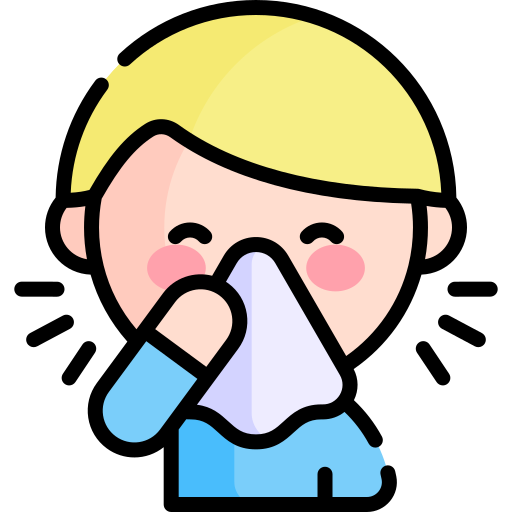Common Cold

A cold is a viral illness that causes a cough, runny nose, and often a sore throat. Antibiotics do not kill cold viruses. A mild cold may need no treatment. Cold medicines may help the symptoms of colds, such as runny nose and cough, but do nothing to cure the illness more quickly.
Fever should be treated with an appropriate dose of fever-reducing medicine such as Tylenol® (see also the section on fevers). A runny nose can be treated with saline nose drops such as NaSal®, which may be purchased without prescription. Other than saline drops, please call during office hours before giving infants less than 6 months of age any cough and cold medications.
If there is a cough, increase your child’s fluid intake, but allow the child to eat and drink any food that he desires. Vaporizers and humidifiers are occasionally helpful if the air is particularly dry, such as during the winter months. If you have used one of these and find no change in the child’s condition, there is no reason to continue its use. Cough persisting for more than a few days or cough associated with fever or chest pain should be seen by a physician.
Raising the head of the bed or crib 30° or less may help your child have less nasal congestion and sleep more readily. Please call us immediately if your child has difficulty breathing (straining and pulling to get air in and out). This does not refer simply to the child sounding quite congested when he breathes.
Children with difficulty breathing may breathe greater than 60 times per minute, have intercostal retractions in which the skin between their ribs sinks in with each breath, or have other signs which may make it appear that the child is in great difficulty. If a cold does not resolve within two weeks, a fever of 101°F or higher lasts 3–4 days, or the child’s nasal discharge lasts for longer than 10 days, an office visit is advised.
